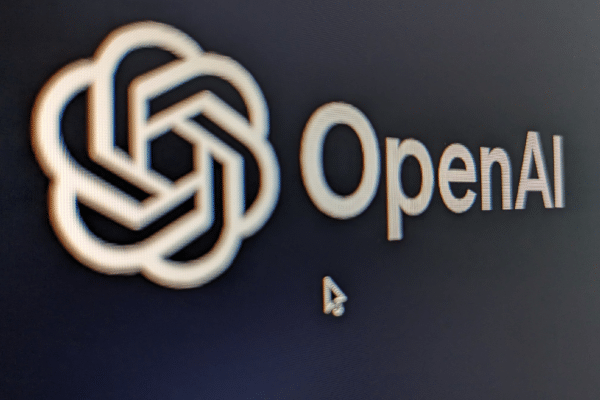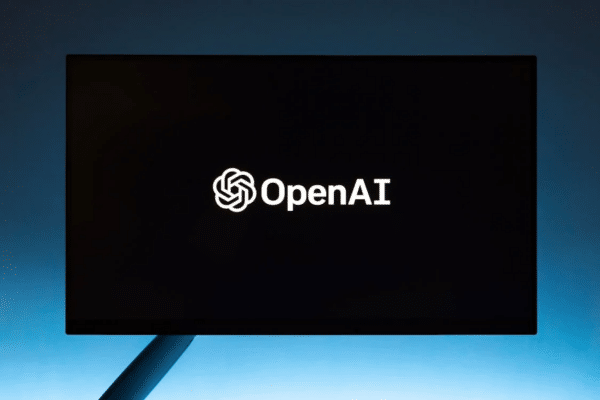Sam Altman, CEO of OpenAI and one of the main references in the development of artificial intelligence, has shared an optimistic and ambitious vision of the future of the technology and its impact on society. In his opinion, over the next few decades, AI will generate advances that today seem unimaginable, leading humanity into what he calls the "Age of Intelligence."
Altman argues that this progress is not a new phenomenon, but an acceleration of the evolution that our ancestors initiated. According to him, humanity has been able to solve increasingly complex problems thanks to the social infrastructure we have built over time. AI, he says, will continue this trend, offering tools that will enable people to overcome challenges impossible to solve without this technology.
IA and Shared Prosperity
Altman believes we will soon be able to work with AI systems to achieve more ambitious goals than we could accomplish on our own. He envisions a future in which every person has a team of "virtual experts" capable of assisting with any task, from personalized education to creating advanced software to improving medical care. Despite the challenges this technological revolution poses, Altman is optimistic about the positive impact it will have on society. He claims that AI can lead us to unprecedented shared prosperity, where the lives of people in the future will be much better than they are today. However, he also warns that while prosperity is important, it is not a guarantee of happiness.
For Altman, one of humanity's great achievements has been the development of deep learning algorithms, capable of learning complex patterns and solving increasingly sophisticated problems. With more resources and data, AI will continue to improve, leading to significant advances in science and technology. Altman acknowledges that, as with any breakthrough, there will be challenges and risks. However, he believes the key is to manage these challenges wisely to maximize the benefits AI can bring, while minimizing its potential negative effects.






